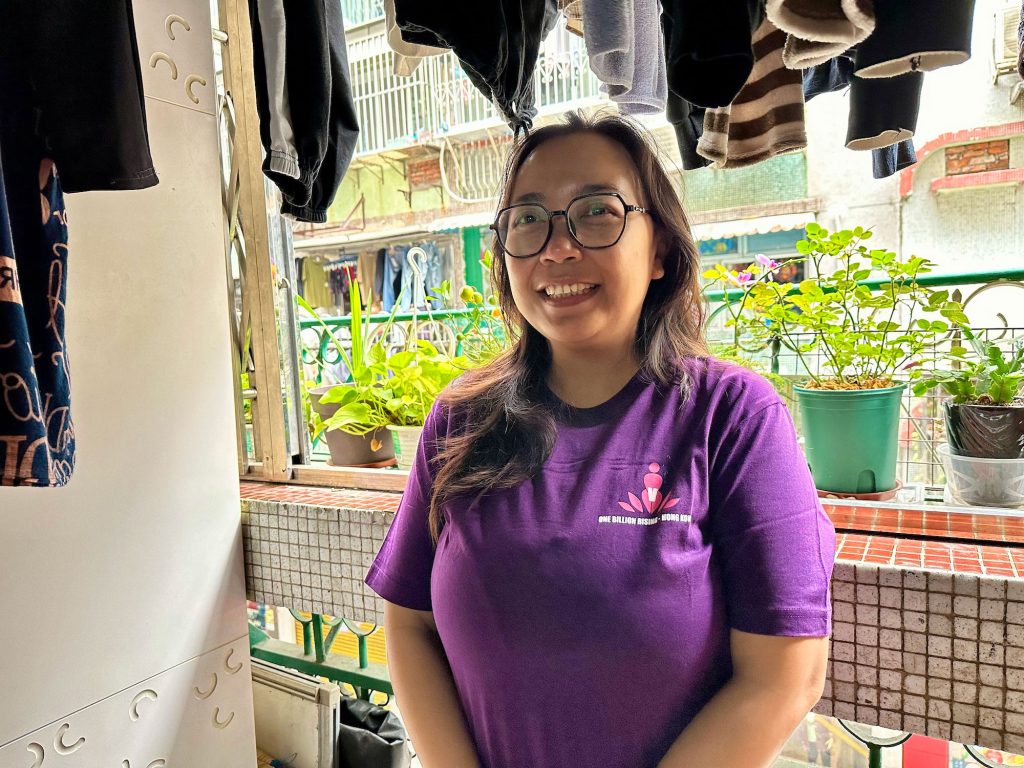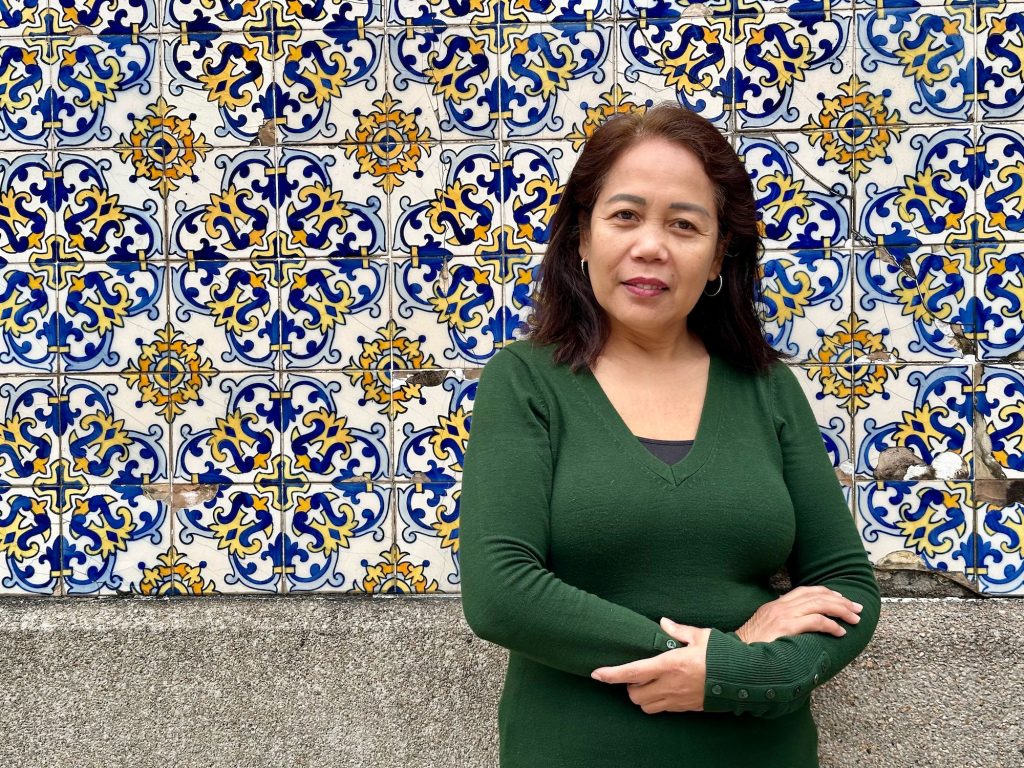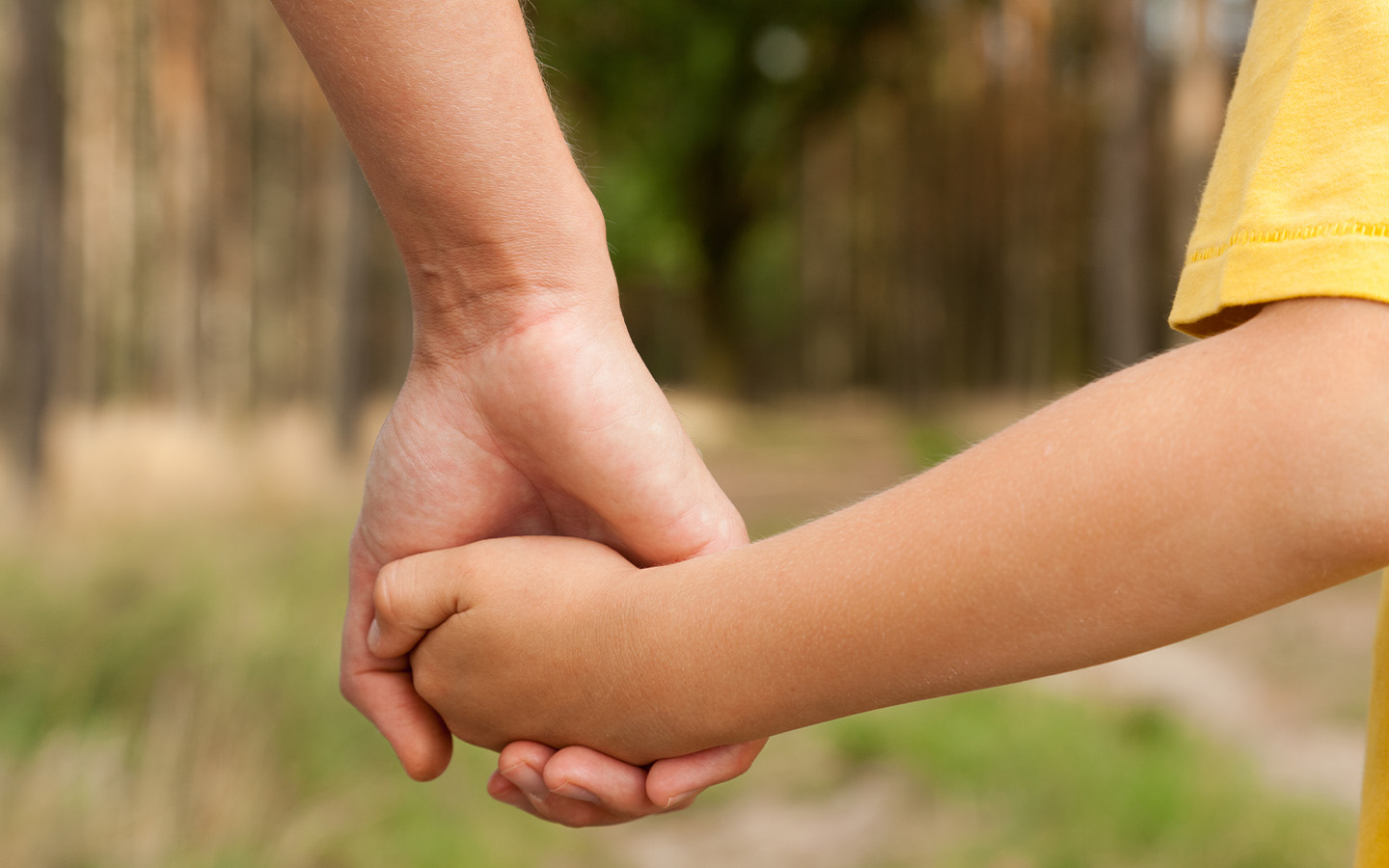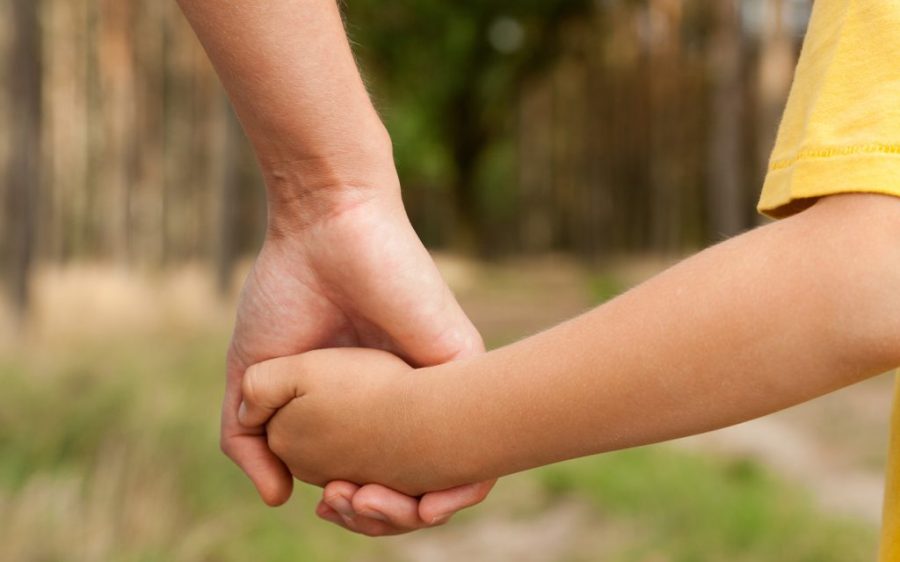Ask any working mother, and they’ll tell you that juggling their work and personal life without help is overwhelming on the best of days. That’s because women still bear the brunt of running the household, raising kids and caring for seniors in most Macao families.
But, for those who can afford it, employing a domestic worker can make a world of a difference. The city’s nearly 26,000 domestic workers – most of whom are women from the Philippines, Indonesia and Vietnam – help cook, clean and mind the children, enabling their female employers to go out to work.
[See more: Leading by example: Meet 3 powerful women in Macao who rose to the top of male-dominated industries]
Thanks to the availability of affordable domestic help, roughly 60 percent of women in Macao are in the workforce. By comparison, roughly 47 percent of women participate in the workforce in Germany and just 26 percent in India.
Despite their valuable role in the economy, domestic workers rarely get the wages or protections they deserve. This International Women’s Day, Macao News spoke to two domestic workers about their decisions to work abroad, their experience in Macao, and their hopes for their families back home.
Evi Azizah

Indonesian mother of three Evi Azizah relocated to Macao in 2016 after working in Hong Kong for four years. When she left her home in east Java in pursuit of a better life, her youngest daughters, who are twins, were just six months old. She left them in the care of her father and aunt, whom she supports financially. Twelve years later, Azizah still struggles to hold back tears when talking about the moment she left her children.
“It was so painful. But what could I do? I had no money to support my children,” she says, adding that women can earn triple or quadruple the average Indonesian salary by moving to Macao.
[See more: ‘I want my life to have a purpose.’ Meet the women fighting for a better deal for their fellow domestic helpers]
Azizah has been working for the same local Chinese family since she arrived in the city. During that time, she watched their two-month-old baby grow from baby to child. She celebrated each of his milestones – his first foods, words and steps – and recorded these special moments on her cellphone to share with his parents, who both work full-time.
“I am lucky to have very good employers who treat me like family,” she says. As much as she finds her work rewarding, she feels that domestic workers are generally seen as second-class citizens. “I wish we could get more respect because the work we do is important,” she laments.
Azizah has different hopes for her children back home, particularly for her 12-year-old daughters. “I don’t want them to be [domestic helpers] like me when they grow up. I want them to study and become strong, independent women – that’s what I am working for,” shares the 41-year-old, who didn’t have the opportunity to pursue her studies after completing secondary high school.
One of the twins hopes to become a policewoman, while the other wants to be a teacher. If given the chance to go to college, Azizah likely would have become a kindergarten teacher. “I love children,” she says with a smile.
Like most of the women who work abroad, Azizah dreams of returning to Indonesia and reuniting with her family, but job opportunities are scarce. Before moving home, Azizah needs to work to put her children through school and ensure they have everything they need to pursue their dreams.
Edna Cajelo

About three decades ago, Edna Cajelo left her hometown of Roxas, the capital of the province of Capiz, in the Philippines, to work in Thailand as a domestic helper before relocating to Kuwait, in the Middle East.
An adventurous spirit, Cajelo wanted to “experience more and see more places,” she recalls. In 2016, the 56-year-old moved to Macao, where her sister was based. They worked for the same employer for a short stint. A few months later, she was hired by her current employer, who was then pregnant with her first son. That baby is now six and has been joined by a 17-month-old sibling.
Cajelo says she has always had kind-hearted, supportive employers – and the family of four she currently works with is no exception. “Nana,” as she’s fondly called by the children, says she feels like part of the family.
[See more: What Macao mothers really want this Mother’s Day]
“I love the boys. They have grown with me. I’ve been there for them in a way I wasn’t able to be for my son,” she shares, adding that the 17-month-old she cares for is the same age as her only grandson, Kyle.
One of nine siblings, Calejo wanted to be a nurse when she was younger. However, her parents could not afford to put her through nursing school. She married young, had a son, and then separated from her husband.
For years, Calejo stressed about finances. But now, she says things have gotten easier. Her son recently started a job as a bartender in Macao and can now support his family, who live in the Philippines, without her aid.
The 56-year-old encourages women to roll up their sleeves and fight for their goals, so that they don’t have to depend on anyone else. “I always tell my younger friends, ‘Go after your dreams.’”
Empowering women, Calejo feels, is of utmost importance. “We women need to stand up for ourselves,” she says.






